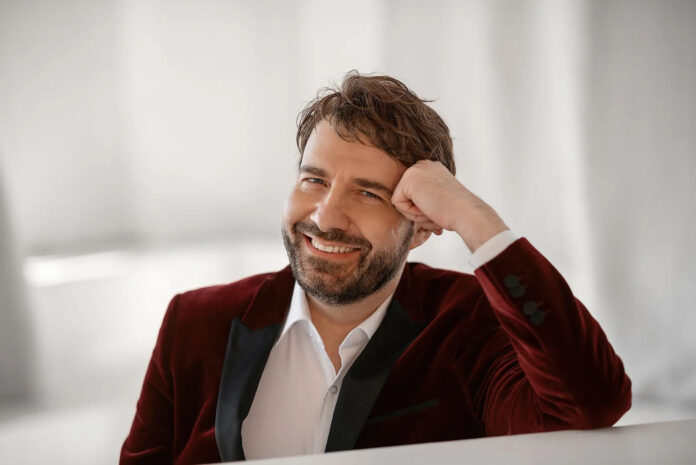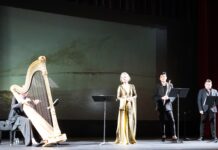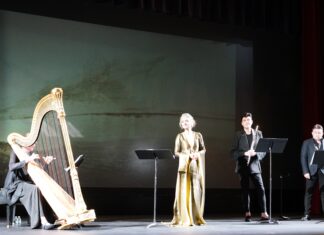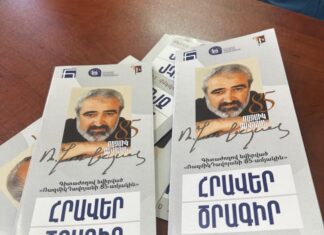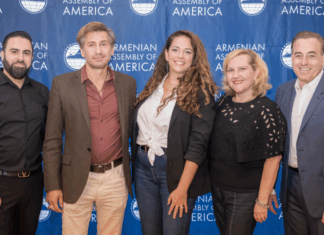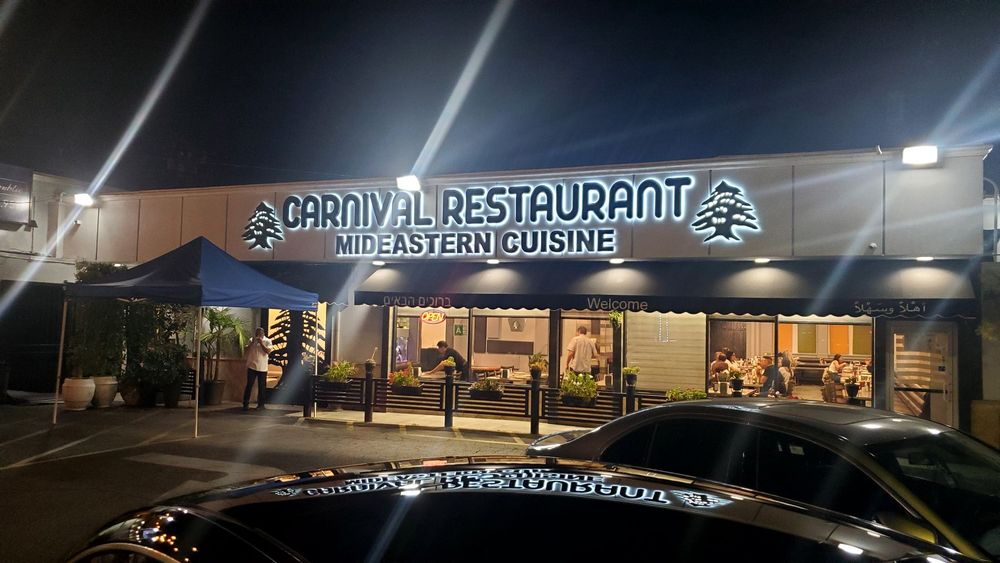By Dr. Tamar Marie Boyadjian
My own work as a fantasy author and medievalist often involves tracing the interconnectedness of cultures across time and geography. It was a natural fit, then, to speak with Serouj Kradjian, an artist whose very approach to music defies boundaries. In this interview, we discuss his new show, “Piano Rhapsody,” and explore how his journey of synthesizing genres, from classical to Latin to Armenian folk, creates a new, universal language of sound.
The Grammy-nominated and multiple Juno award-winning artist Kradjian discussed his music journey, defying boundaries through its interconnectedness and visionary approach.
TAMAR MARIE BOYADJIAN (TMB): You’ve had such a multi-faceted musical journey. What’s the very first moment you remember connecting with music?
SEROUJ KRADJIAN (SK): I was probably two or three years old. My father had these LPs, and apparently, I would always point at them until they were put on the record player. I even have a cassette tape of myself at two years old, creating songs based on the names of relatives and family members.
During the Lebanese Civil War, the Lebanese National TV organized a National Competition for Young talents, which included all instruments and voice. At that time, I was only six years old and had been teaching myself piano. I had some lessons, but it was irregular. It was only about a year and a half that a piano arrived in our home. My family encouraged me to participate in the competition. So I began to prepare. We only had a few months’ notice. I found notes for Brahms’ Hungarian Dance and Mozart Fantasy, so I chose those pieces. I began to play them by sight-reading.



